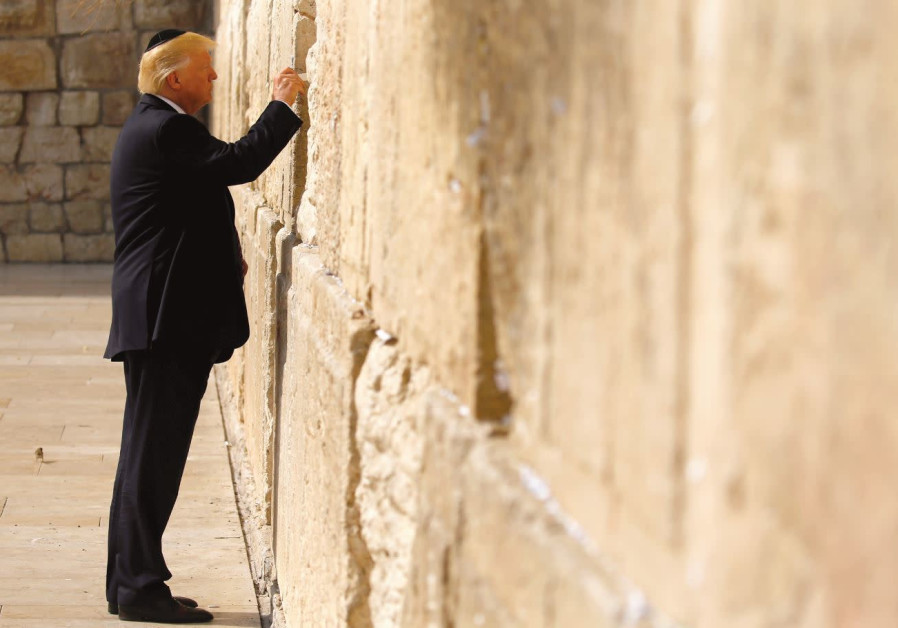New Thought in US Strategy Regarding Taiwan
Since the end of the Qing Dynasty, the U.S. has adopted strategies toward China that differ from those of other foreign powers. Such strategies include when U.S. Secretary of State John Hay proposed the Open Door Policy to maintain China’s sovereignty and territorial integrity and when President Theodore Roosevelt agreed to return the indemnity paid after the Boxer Rebellion as stipulated in the Boxer Protocol, instead using the funds to establish Tsinghua College and send Chinese students to study in America. The U.S., viewing China as poor and backward, has always maintained an attitude of charity toward the weak and needy. Even during the George W. Bush administration, the U.S. hoped to bring China into the global order structure, in which it would play the role of a responsible stakeholder.
However, despite the economic reforms and opening up that began half a century ago under Communist Party rule, China has not undergone structural reforms and political freedom. Over the past 10 years, particularly after Xi Jinping came to power under the ruling logic of one party governing all and a supreme authority as the only standard, China is even less willing to maintain the status quo of power. The U.S. has certainly miscalculated in its strategy of trying to peacefully transform China.
Whether the U.S. and China are entering into a new Cold War is still being debated heatedly in policy, academic and media circles. Still, no one can deny that China today is nothing like the Soviet Union of the past. Although the Soviet Union was called a superpower and had a strong military force, its economy was weak. China, conversely, already has the second-largest economy on earth. Globalization and the Internet have deterred the recurrence of the containment strategy used in the last century. Xi Jinping has said that China does not export revolution, hunger or poverty; however, from the Asian Infrastructure Investment Bank and the Confucius Institute, to the Belt and Road Initiative and artificial islands in the South China Sea, China is disrupting U.S. hegemony.
Taiwan, the birthplace of democracy in an ethnic Chinese society, is a paradise that mainland China cannot relinquish, a strategic location from which the People’s Liberation Army can position missiles against foreign militaries. Therefore, Taiwan has been specifically chosen by the Donald Trump administration (and several political circles) as a premium location from which to contain and change the Communist Party of China.
“America will always believe that Taiwan’s embrace of democracy shows a better path for all the Chinese people,” said Vice President Mike Pence last year during a speech on China policy, suggesting a new foundation for Taiwan policy. The direction of the new strategy is to preserve democracy — its vitality and survival — in Taiwan. Moreover, the U.S. will not let Taiwan be swayed under the pressure of Beijing’s international diplomacy, endangered under the serious imbalance of naval power or thrown into chaos under online, propagandistic and psychological attack.
In addition to a high level of support from both parties in the House of Representatives and the Senate, and the passage of numerous acts that are favorable to Taiwan, other blows to China from the executive branch include the following: national security advisors met in Washington, D.C. with Taiwan’s South Pacific diplomatic ambassador; the State Department initiated a number of cooperative plans that are based on the structure of the Indo-Pacific region; the Department of Defense supported arms sales and the routine passage of U.S. naval ships through the Taiwan Strait and announced that Taiwanese troops will receive training from the U.S.; and the U.S. expressed its willingness to assist Taiwan in preventing foreign interference in Taiwan’s upcoming elections.
Whether it’s an ideal of protecting Taiwan’s democracy, or a location from which to experiment with Indo-Pacific strategy, or a place to train for Chinese online attacks and defense, the serious evaluation of U.S. strategy toward Taiwan is all for U.S. self-interest in its long-term strategy for competing with China. If we interpret that, with the fierce battle for the presidency, the U.S. will purposefully favor a certain camp, and we might only be able to watch and not participate.
The author is an associate professor at the Institute of International Affairs and Strategic Studies, Tamkang University, and chairman of the Council on Strategic & Wargaming Studies

